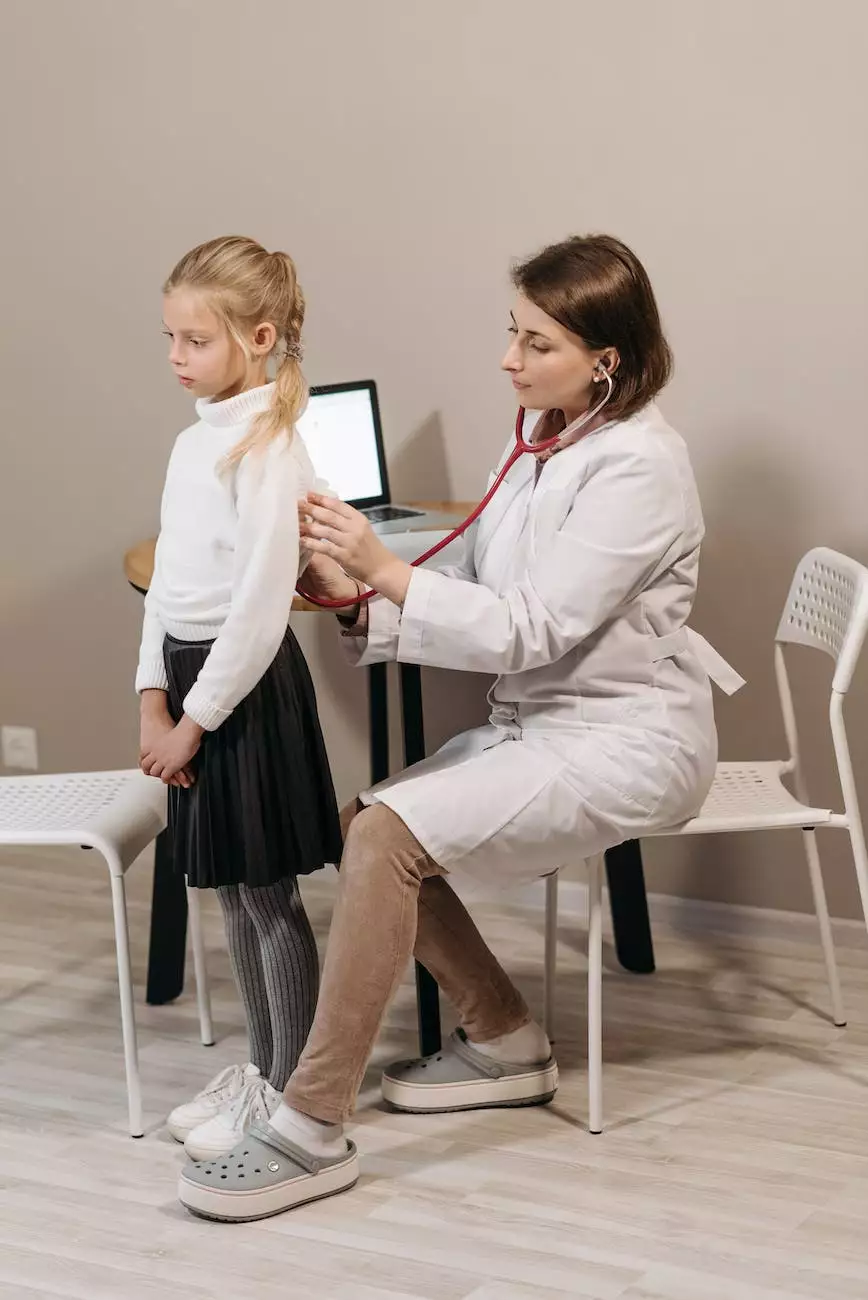Preschooler Reactions to Health Care Settings

The Importance of Understanding Preschooler Reactions
When it comes to healthcare, preschool-age children can often feel anxious and frightened. The unfamiliar environment, strange medical equipment, and unfamiliar faces can all contribute to their apprehension. As parents, it is essential to understand and address these reactions to ensure your child feels safe and comfortable during their healthcare visits.
Tips for a Positive Experience
1. Preparation is Key
Before your preschooler's healthcare visit, take some time to prepare them for what to expect. Explain in simple terms what will happen, such as listening to their heartbeat or checking their temperature. Role play with their favorite stuffed animal or doll to make it feel more familiar and less intimidating.
2. Use Positive Language
When discussing medical procedures or treatments, it's important to use positive and reassuring language. Instead of saying "it won't hurt," emphasize that it might feel like a small pinch or mild discomfort that will quickly go away. This helps alleviate their fears and promotes a more positive mindset.
3. Choose the Right Words
Preschoolers often have vivid imaginations, so it's crucial to choose words that are appropriate and easy for them to understand. Avoid using complex medical terms that may confuse or scare them further. Break down explanations into simple, relatable concepts and connect them to everyday experiences.
4. Be Honest and Transparent
Preschoolers appreciate honesty, and it's essential to be transparent about what they might experience during their healthcare visit. Let them know that it's okay to feel scared or worried, but reassure them that doctors and nurses are there to help them feel better. Encourage questions and answer them in a straightforward manner.
5. Bring Familiar Items
Having familiar items from home can provide a sense of comfort and security for preschoolers during their healthcare visit. Let them bring their favorite toy, blanket, or book to help ease any anxiety they may feel. It helps create a familiar and comforting environment even in an unfamiliar setting.
6. Build Trust with Healthcare Providers
Establishing a positive relationship between your preschooler and their healthcare providers can make a significant difference in their overall experience. Encourage your child to ask questions and actively involve them in conversations with the doctor or nurse. This involvement helps build trust, reduces anxiety, and fosters a sense of control over their own health.
The Long-Term Impact
By addressing and understanding your preschooler's reactions to health care settings and medical procedures, you're not only ensuring a positive experience in the present but also setting the foundation for their future relationship with healthcare. When children feel comfortable and supported, they are more likely to maintain regular check-ups, ask for help when needed, and develop a healthy attitude towards medical care throughout their lives.
Conclusion
As parents, it is our responsibility to help our preschoolers navigate the sometimes unfamiliar and intimidating world of healthcare. By utilizing the tips mentioned above, we can create a nurturing and supportive environment that promotes their well-being and minimizes anxiety. Remember, a positive and reassuring healthcare experience during the preschool years can have a lasting impact on their future.



